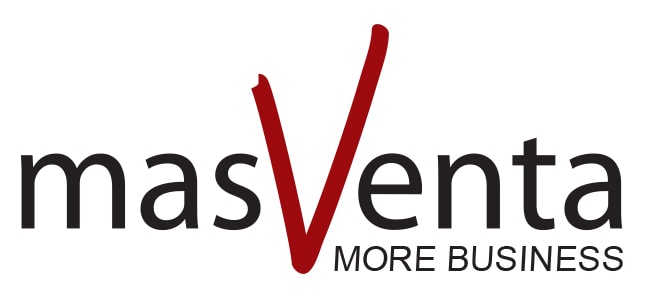Description
OVERVIEW
With its latest certificate Professional in Business Analysis (PMI-PBA)®, the Project Management Institute (PMI)® demonstrates the importance of business analysis in projects. A deep understanding of the processes surrounding the project requirements is undoubtedly very helpful for all employees in the project, but it is indispensable for those who are responsible for the content of the requirements.
The special training in the four-day course (you will receive 36 PDUs!) is based on licensed material from our U.S. partner Watermark Learning, whose managing directors are involved in the design of this new area on behalf of PMI®. In this respect, you will receive up-to-date and very well-founded material as well as 90 days’ access to the online exam simulator with over 900 sample questions, which will play a key role in your successful passing of the exam. Because only a training under almost realistic conditions makes you fast enough to answer 200 questions in 240 minutes.
Furthermore, this course teaches strategies with which you can “crack” the sometimes difficult questions faster and better, such as exclusion procedures, negation, mnemonic abbreviations or other logical conclusions.
One of masVenta’s basic rules is that trainers of our certificate preparation courses are themselves holders of at least the respective certificate.
CONTENT
Introduction to PMI-PBA® Certification
Overview of certification process, requirements, and application tips
PMI-PBA® Exam overview
21 proven exam-taking tactics and tips to reduce anxiety and increase results
Exam Content
5 Domains
Business analysis terminology
Practice Exam Questions & Review
Needs Assessment
Define the business problem or opportunity
Determine the value proposition
Develop project goals
Identify stakeholders
Analyze stakeholders
Techniques
Decision making
Communication skills
Conflict management
Project methodologies
Stakeholder analysis
Practice Exam Questions & Review
Planning
Review business case
Define strategy for traceability
Develop management requirements plan
Plan requirements change control
Plan for document control
Define solution acceptance criteria
Techniques
Contingency planning
Development methodologies
Requirement management plan
Estimating tools
Planning tools and techniques
Schedule tools and techniques
Practice Exam Questions & Review
Analysis
Elicit requirements
Analyze requirements
Perform gap analysis
Allocate requirements
Obtain requirements signoff
Write requirements specifications
Validate requirements
Elaborate and specify detailed requirements acceptance criteria
Techniques
Analytic Tools
Business Rule Analysis
Data analysis
Decision making
Elicitation tools
Interface analysis
Measurement tools
Organization assessment
Prioritization tools
Problem solving
Process analysis
Requirements types
Root cause analysis
Practice Exam Questions & Review
Traceability and Monitoring
Track requirements
Monitor requirements
Update requirements status
Communicate requirements status
Manage changes to requirements
Techniques
Backlog management
Change control
Reporting
Requirements traceability
Version controls
Practice Exam Questions & Review
Evaluation
Validate test results
Communicate solution defects
Obtain stakeholder signoff of solution
Evaluate solution value
Techniques
Lessons learned
Quality management
Validation tools and techniques
Verification methods
Practice Exam Questions & Review
Soft Skills
Techniques
Collaboration Tools
Conflict management
Facilitation tools
Leadership principles & skills
Negotiation
Political and cultural awareness
Systems thinking
Practice Exam Questions & Review
Test-Taking Strategies
The exam process: what to expect
Study and test tips
Creating your own test prep strategy
Discuss simulated “take home” exam and online study exam strategies
Re-certification
A Guide to the Project Management Body of Knowledge (PMBOK® Guide)
Integration management
Content and scope management
Quality management
Stakeholder management

